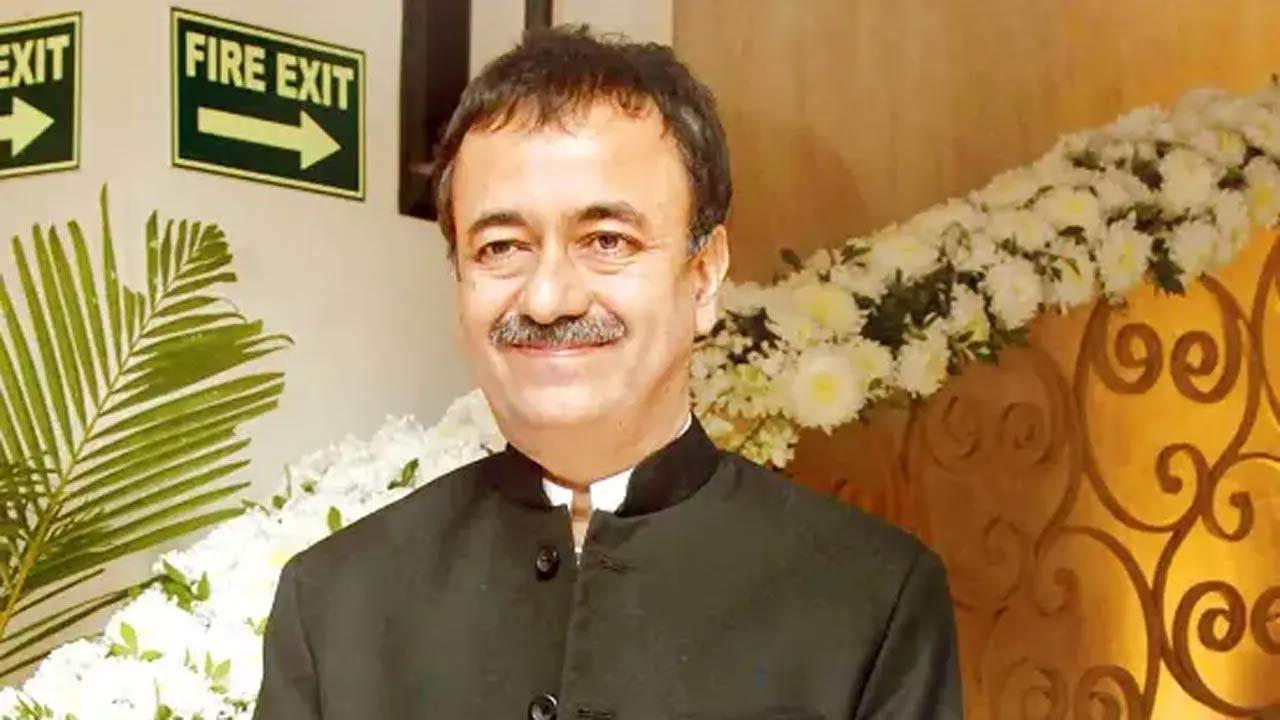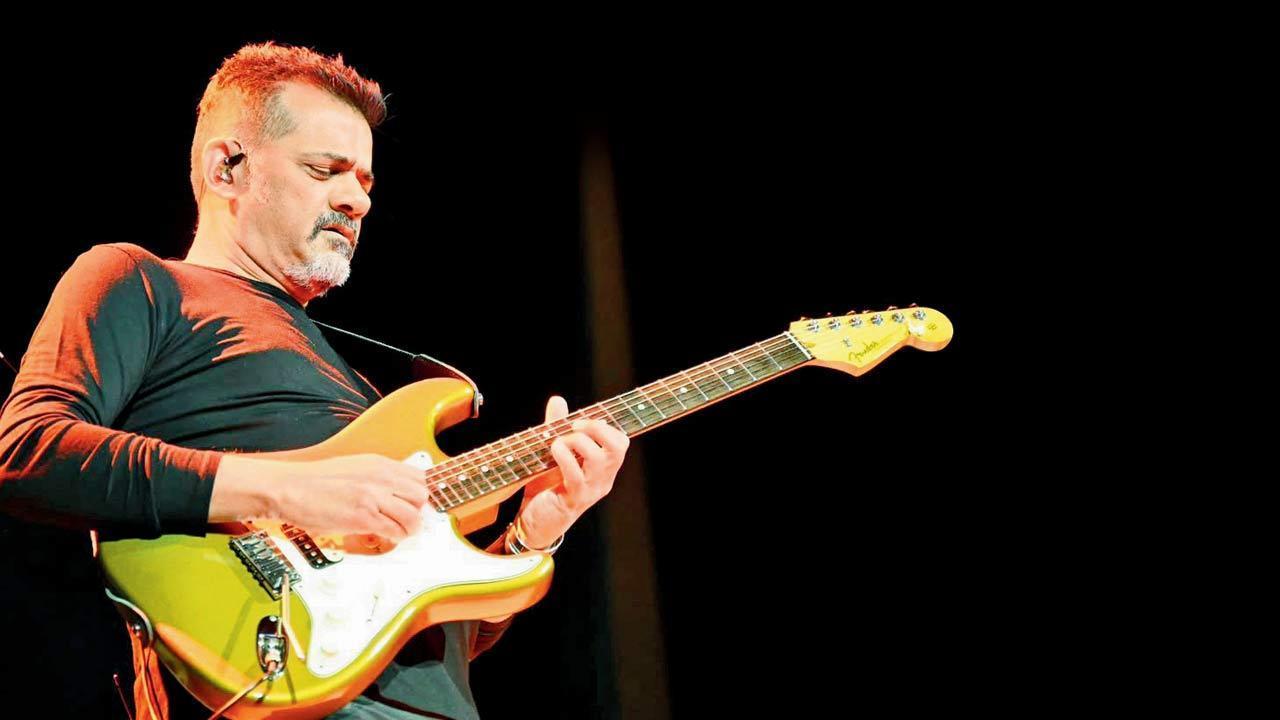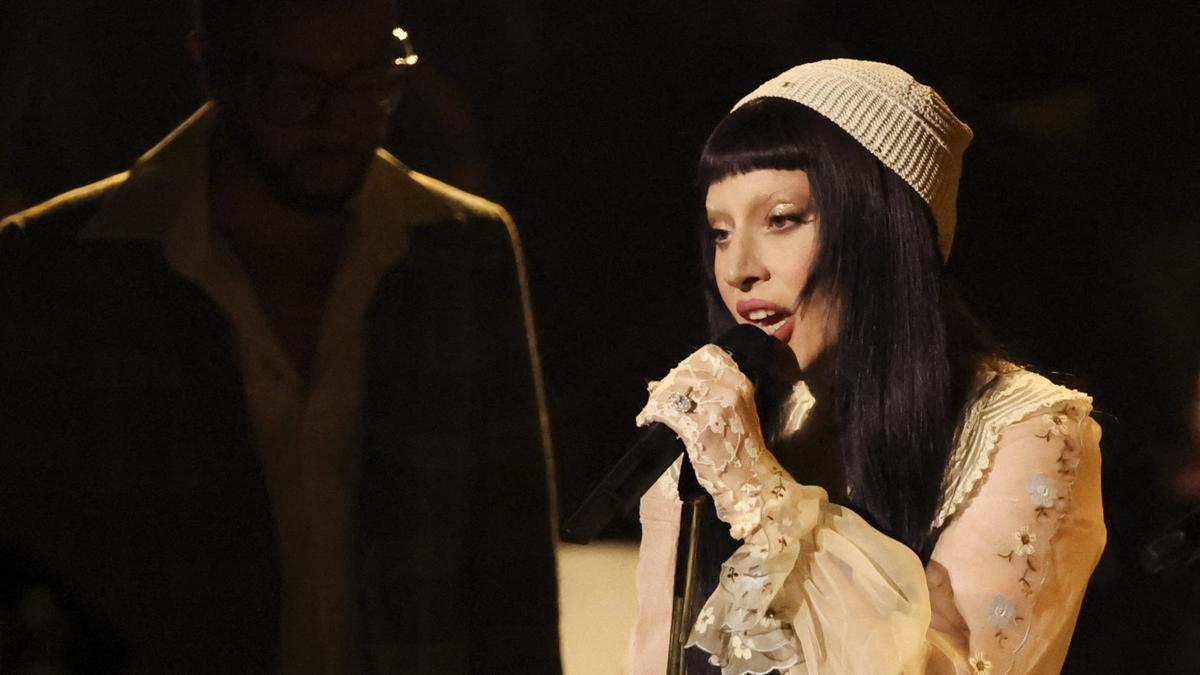
Since October 28, 2022, when Elon Musk acquired the social platform Twitter for a staggering USD 44 million, the tech magnate’s aggressive maneuvers to rectify the company’s unprofitability have become a hot topic of debate. Musk’s tactics, marked by considerable workforce reductions and rigorous employee work demands, have rattled the foundations of the once-thriving online community. His controversial strategies have extended to the monetization of the platform’s iconic blue verification tick, which he priced at USD 8 per month—a move that, after a surge of fake verified accounts, has been put on hold.
Amid the tumult, there’s curiosity about the impact of Musk’s interventions on the platform, particularly in countries like India where Twitter, though popular with an impressive 23.6 million users, generates only a fraction of its global revenue. The fiscal records of the platform’s Indian entity highlight this disparity: a jump in revenue to Rs 156.75 crore in FY22 notwithstanding, a net loss of Rs 31.84 crore was declared.
It was in this climate of upheaval that we had the opportunity to sit down with Naina Redhu, who has the distinction of being one of India’s earliest adopters of Twitter, for a candid discussion. Redhu talked about her 16-year journey on the platform and shared her perspectives on the current upheavals under Musk’s leadership.
When asked about the inception of her Twitter journey, Redhu recalls joining the nascent platform in 2006, back when it was known as TWTTR. An early internet enthusiast, her existing explorations into blogging naturally led her to embrace Twitter, despite initially finding herself an outlier in a community of users predominantly based in Palo Alto, California.
Over the years, Redhu witnessed and adapted to significant changes in Twitter’s features and its community dynamics. The doubling of the character limit from 140 to 280, according to her, diluted the platform’s original spirit, which thrived on succinct, creative expression. Also missed is the congeniality and connectivity of early Twitter, epitomized by in-person ‘Tweet-Ups’, as the platform has gravitated towards more contentious discourse.
Addressing Musk’s radical alterations, including the proposed subscription fee for account verification, Redhu expresses skepticism. To her, the true value of the blue tick lies not in its status symbol but in its ability to authenticate identities in meaningful interactions. On whether she’d pay for such a feature, she firmly leans towards a ‘no’, doubting its value-addition to her Twitter experience.
Redhu is similarly critical about Musk’s proposed ‘Twitter Blue’ subscription for an ad-light experience, questioning the logic of not going ad-free altogether if users are to be charged. As for the much-anticipated ‘edit’ feature, she wryly notes her ability to do without it for over a decade and a half.
Looking further into the future of Twitter in India and the potential for other platforms to emulate Twitter’s subscription model, Redhu isn’t convinced of a successful implementation or the likelihood of a trend taking off. She argues that, unlike Instagram’s finely tuned ad algorithm, Twitter’s advertisement targeting leaves much to be desired.
While Redhu acknowledges attempts by emerging platforms like Koo and Mastodon to carve out their space, she firmly believes that Twitter’s entrenched user base and first-mover advantage make it an unparalleled social media force. She perceives the discourse ignited by Musk’s leadership as generating more chatter on Twitter than ever before, betraying a mix of trepidation and excitement about the ongoing transformation.
As the legacy and the potential of Twitter hang in balance, Redhu and countless others invested in the platform’s past and present await with bated breath the next chapter of Musk’s Twitter odyssey. While the blue tick’s fate and Twitter’s monetization strategies are yet to unfold, the platform’s status as a bastion of global discourse remains unchallenged—for now.










